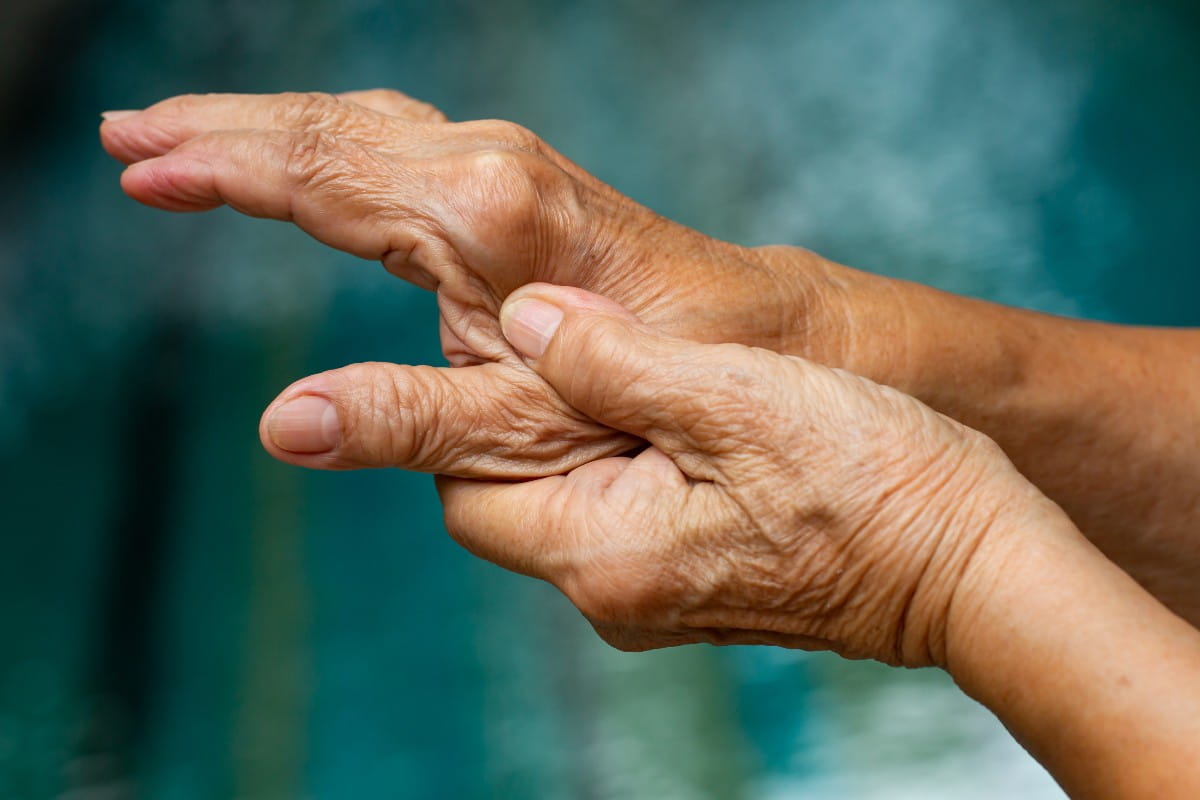Drinking enough water might sound simple, but it plays a huge role in how your body functions every day. From helping you stay energized to keeping your organs healthy, proper hydration is one of the easiest and most important things you can do for your health.
Let’s dive into what it really means to be hydrated, how much water you actually need, how it helps your body and when too much might be, well, too much.
What Does It Mean to Be Hydrated?
Hydration refers to the amount of water in your body that helps it function properly. Water makes up about 60% of your body weight and is involved in nearly every process inside you—from circulating blood to regulating temperature to helping you digest food.
When you're well-hydrated, your body has enough fluids to perform all its normal functions. Dehydration happens when you lose more water than you take in, and even mild dehydration can leave you feeling tired, dizzy or foggy-headed.
"Hydration affects everything from how well your brain works to how easily your joints move," says Cate Wilson, M.D., a fellowship-trained, board-certified primary care sports medicine physician with Riverside Orthopedics & Sports Medicine Specialists. "It’s one of the most overlooked keys to good health."
How Much Water Is Enough?
There’s no one-size-fits-all rule, but almost everyone has heard that you should drink eight 8-ounce glasses of water a day (about 2 liters total). But is that true? In fact, the amount you need can depend on your age, activity level, health conditions and even the weather.
According to the National Academies of Sciences, Engineering, and Medicine:
- Men should aim for about 3.7 liters (125 ounces) of fluids per day
- Women should aim for about 2.7 liters (91 ounces) of fluids per day
Keep in mind, these totals include all fluids from water, other drinks and even food, such as fruits and vegetables, that have a higher water content.
If you’re exercising, spending time in the heat or recovering from illness, your water needs will go up. A simple way to monitor hydration is by checking your urine: if it’s light yellow or clear, you’re probably well-hydrated. If it’s dark, you may need more fluids.
Can You Drink Too Much Water?
Yes, although it's rare. Drinking extreme amounts of water in a short time can lead to a condition called hyponatremia, where the balance of electrolytes in your body becomes diluted. This can be dangerous and may lead to confusion, nausea, headaches and in severe cases, seizures.
This usually only happens when someone drinks gallons of water quickly or overhydrates during endurance events without replacing electrolytes. For most people, sticking to thirst and general hydration guidelines is safe.
"Too much water can be just as harmful as too little in certain situations," explains a Dr. Wilson. "It’s about balance."
Benefits of Staying Hydrated
Getting enough fluids daily can:
- Boost energy levels and fight fatigue
- Help your brain stay sharp and focused
- Improve digestion and nutrient absorption
- Keep your skin looking healthy and hydrated
- Support joint and muscle function
- Regulate body temperature
- Flush out toxins and waste through urine
Water also plays a role in managing weight. Sometimes when we feel hungry, our body is actually just thirsty.
Hydration Tips to Stay on Track
- Keep a reusable water bottle with you throughout the day.
- Add slices of fruit or herbs to water if you want more flavor.
- Eat water-rich foods like cucumbers, watermelon and oranges.
- Set reminders if you forget to drink enough.
- Sip water regularly, especially during and after exercise.
The Bottom Line on How to Stay Hydrated
Staying hydrated isn’t just about drinking more water—it’s about knowing what your body needs and finding ways to meet those needs every day. Pay attention to how you feel, monitor your thirst and urine color, and don’t wait until you’re parched to take a sip.
"Hydration is one of the simplest ways to take care of your body, but it has a huge impact on how you feel and function," says Dr. Wilson.
Whether it’s a hot summer day, a gym workout or just a busy workweek, keep your water bottle close and your body will thank you.
Need help figuring out the right hydration plan for you? Talk to your sports medicine or primary care provider for personalized guidance. Schedule an appointment online with your primary care provider or sports medicine specialist today so they can help answer your questions, evaluate your symptoms and refer you to a specialist if needed.
Still need a primary care provider? Click HERE to find a provider near you.



